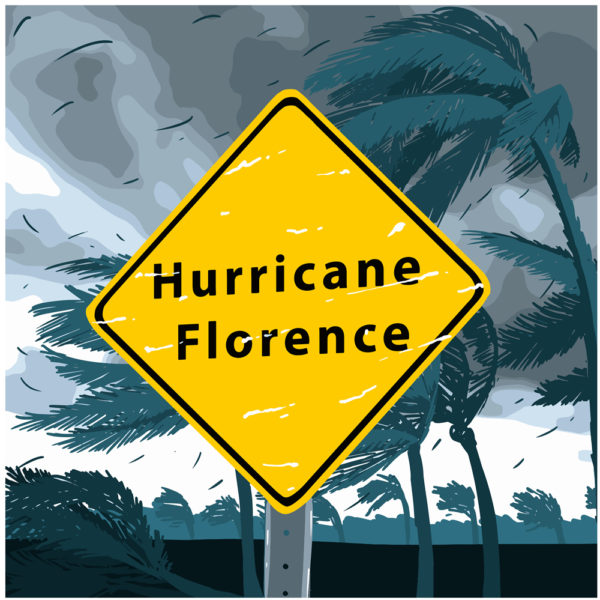After Florence, South Carolina Homeowners Get SC Tax Breaks

A CSA account can be used by people that own a single-family home that is their legal residence in South Carolina.
Hurricane Florence did a massive amount of damage to the Carolina’s and homeowners are just starting to dig through the aftermath. While insurance should help homeowners rebuild, a couple of state tax rules could help homeowners save a bit of money and get back on their feet quicker.
Here are a couple of tips offered in a recent Post and Courier article:
Establish a Catastrophe Savings Account
These accounts are a great tax-advantaged way to save money and cover your homeowner insurance deductibles when you have to file a claim after a disaster that has been declared an emergency by the governor. While the catastrophe savings account (CSA) laws were set up more than a decade ago, there are not that well known and it is the responsibility of the homeowner to find a bank that offers these types of accounts.
A CSA account can be used by people that own a single-family home that is their legal residence in South Carolina. If you deposit money into a CSA account, which is interest-bearing account, you can deduct the deposited amount from your South Carolina income, reducing your tax burden.
It should be noted that if you withdraw your money from a CSA account for any expenses other than “qualified catastrophe expenses” you would have to pay taxes on it and there is a 2.5 percent penalty that will also apply.
On the other hand, if you established the account to pay insurance deductibles, and never needed to use it, once you hit 70 years old you can withdraw the money for any reason and there is no tax or penalties. This means that you can open a CSA account (which bears interest), claim the state tax deduction and withdraw the money for any reason once you turn 70.
In the meantime, if your home does suffer damage from a storm, you can withdraw money from the CSA to help cover your deductibles.
No matter your age, as long as the money is withdrawn from a CSA to cover qualifying expenses, there is no tax owed on the original contribution or any of the interest that has been earned. Basically, a CSA is like an IRA for disaster related insurance deductibles or expenses.
There are a few rules associated with CSAs:
- You can only have one CSA
- There are limits: $2,000 for homeowner whose insurance deductible is $1,000 or less, or double the deductible for a person who carries a deductible above $1,000. There is a cap of $15,000.
- If the homeowner is self-insured and using a CSA the cap is the lesser of
$250,000 or the value of the taxpayer’s legal residence.
One important point that should be noted is that a CSA can be opened after a disaster has occurred and the money can be used for any expenses that qualify. As an example, if your home was damaged by Florence and your homeowners deductible is $10,000 (not unusual for a damaged roof) you could open a CSA, deposit the $10,000 and then withdraw it to cover your insurance deductible. Doing this allows you to reduce your income taxes by $700 for the year.
Appeal Your Tax Assessment
Another way to lower your tax bill is to appeal your tax assessment if your property was damaged by Florence or any other major storm for that matter. Property taxes are based on what the property was worth the prior year on December 31st. This means that it is too late to impact the tax bills that will be going into the mail shortly.
However, if your property has been damaged and it has impacted the value of your home, appealing your tax assessment this year could result in a lower tax bill next year.
